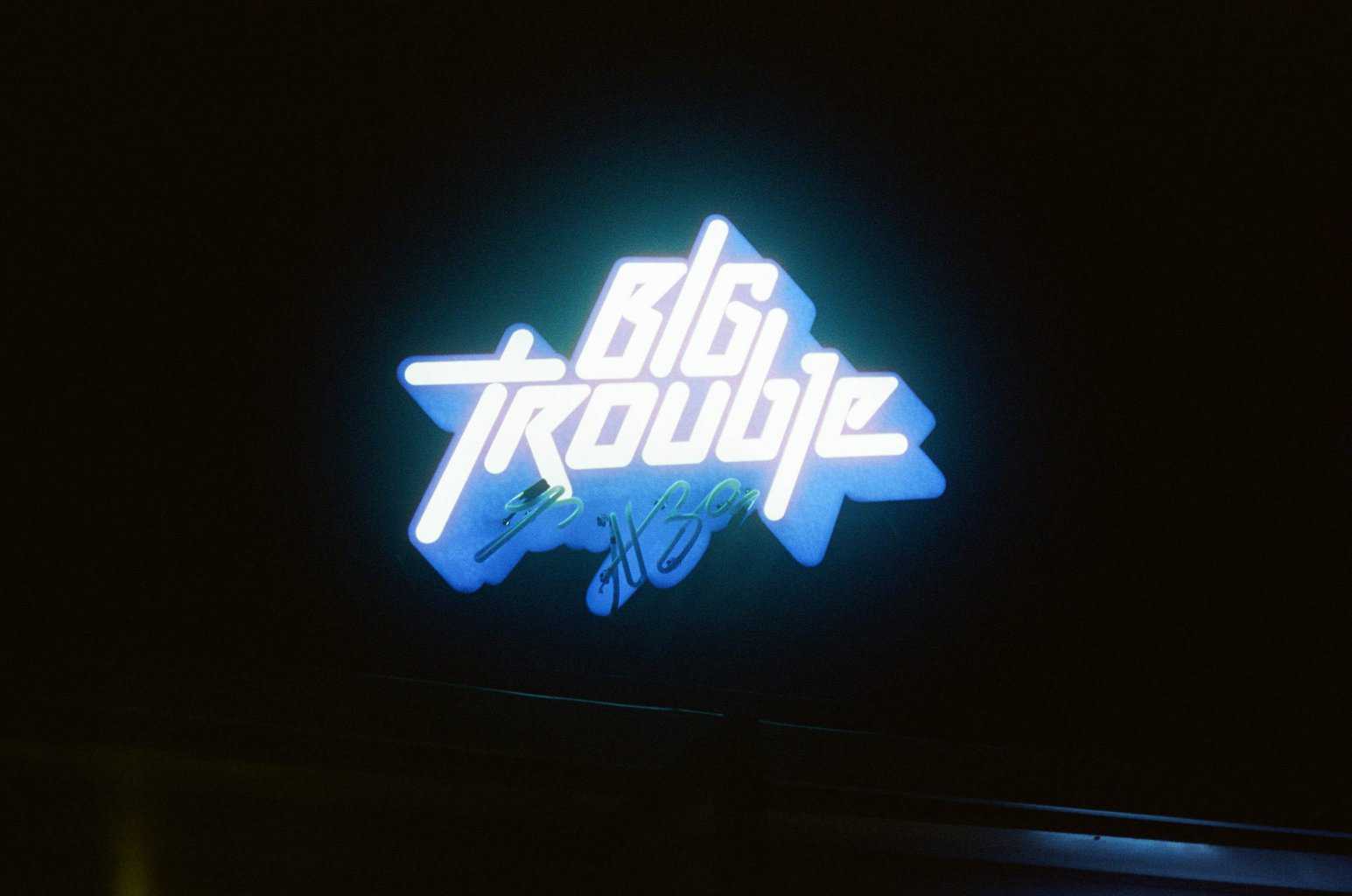How do you fix a social media marketing controversy?

Well, Twitter has finally done it. After literal years of its users begging for one, it has hit the trigger on the much-needed edit button. Goodbye typos. Goodbye, dodgy takes. Goodbye controversy. We can soon all edit and tweak our tweets to the fullest, enjoying the clarity that comes with it.
But is that all it takes? A quick edit of a tweet and everything’s good again. Well, yes and no. Some users might forgive the error, but that depends on the severity, the reach and the nature of the error. We’re in an increasingly opinionated world, where even saying that is a controversy in itself, and social media is the debate team’s room. Twitter in particular is the opinion marketplace of the world.
So, say your brand marketing resulted in a faux pas. You said something thoughtless (a la Andrew Tate), you genuinely didn’t know what you were saying (a la Lizzo), or you’re caught in a web you can’t get out of (a la anything that happens in the beauty community): how do you get out of it? Is the edit button enough to save you? Considering everyone screengrabs everything nowadays, probably not.
Take a look at our tips to help you if you need to make an edit, and it’s just not enough.
Apologise and mean it
Too many influencers need to deliver an apology. It’s practically a rite of passage at some point. Up there with getting a YouTube button. But the side effect of that is that audiences have heard it all before, and if they smell even the slightest whiff of disingenuous feelings about the subject, they’ll drop you and forget you. Or worse.
So put the ego aside and really dig deep. Actually think about how your actions affected others. You might be being punished right now in the form of trolling, but that doesn’t mean you’ve made it up to the people who are hurt. A majority of them are probably not saying anything.
It’s like apologising to anyone else. Don’t give a long-winded excuse. Demonstrate how you believe your actions have affected people. Find a way to make it right.
Know when not to apologise
However, there are a few instances when apologising isn’t the best idea. One is when your brand simply doesn’t call for it. If you’re the edgy one of your group, being a little un-PC isn’t going to destroy you and in fact, audiences might lose respect if you apologise for every little thing. OnlyJayus went through a string of apologising and apologising for ultimately nothing, and ultimately dug herself a hole she couldn’t “Sorry” her way out of. On the other end of the spectrum, if it’s a compliance or criminal issue within your company, you might be advised by a lawyer to not apologise.
Or prove your innocence
We’re not going to assume you actually did anything wrong. People smell blood and start to dogpile, so if you can prove that you didn’t do what you’re accused of, go for it. But make sure you have the proof. It’s been done plenty of times, the latest and most high-profile being Shia LeBeouf. When director Olivia Wilde told the press he was making his co-star uncomfortable and asked to leave the shoot, LeBeouf released DMs and recorded video calls that showed Wilde begging him to come back and saying that she understood he left due to scheduling issues. LeBeouf has a dodgy history, to say the least, but the audience can’t disagree with objective proof.
Back up words with actions
So, why was Lizzo’s discrepancy of saying a slur in a song forgotten so quickly when controversy in lyrics are arguably a part of songwriting throughout history? And getting caught saying a slur is the most common controversy a celebrity or influencer can go through.
Well, for one thing: reasonable doubt. The slur she chose was a very British thing to say once, and the very American pop star wasn’t likely to know its context. But, more importantly, she took action immediately. The song was taken off air, re-recorded and re-released again within a week. The communities affected rejoiced, and a resounding “Thank you” graced headlines.
If there is an actionable fix to your crime, take them up on it. Donate to an affected charity, fix the controversy in your piece of content (unless of course, the point was to be controversial, like NWA’s catalogue), apologise in person if one or a few people were affected by your actions, etc. and make it right.
Users aren’t above thinking that you’re a human and you make mistakes. They’re actually quite forgiving if you make the right moves.
If you’re interested in more insights into the affiliate marketing industry, take a look at our blog, or for a more personalised approach, book a free call with a member of our team to see how we can help you today.
Or, for the very best advice, you can still access the content from our Elevate Summit to hear what industry peers at the top of their careers are saying. Get access to over 14 hours’ worth of content from speeches, panels, and workshops full of the best information.






